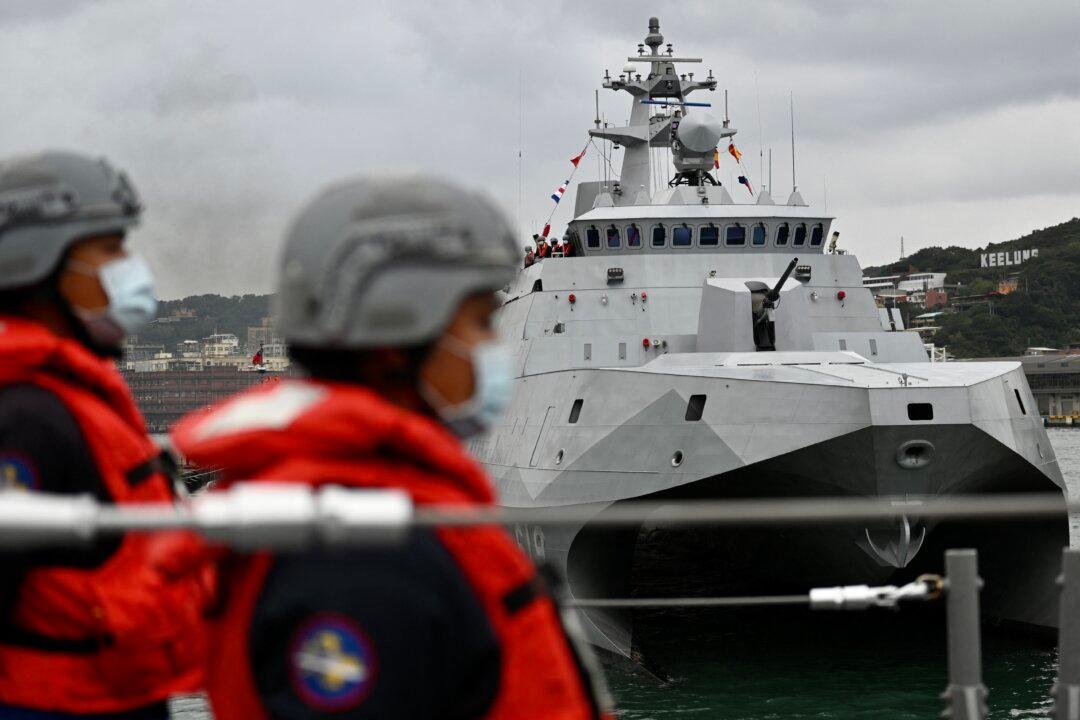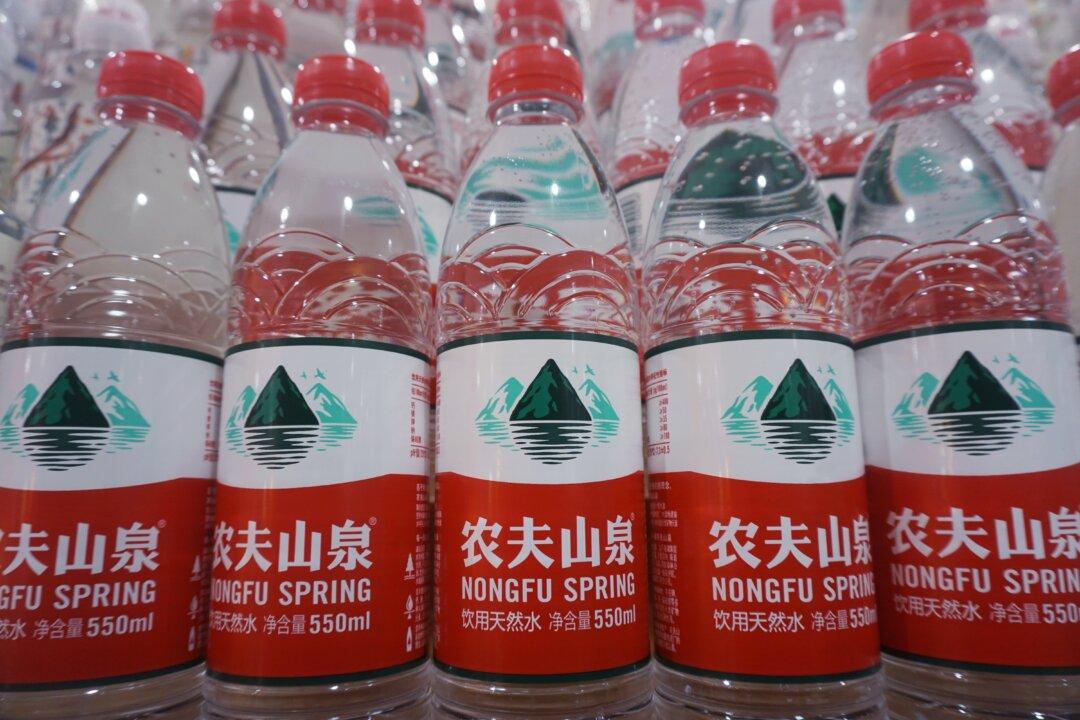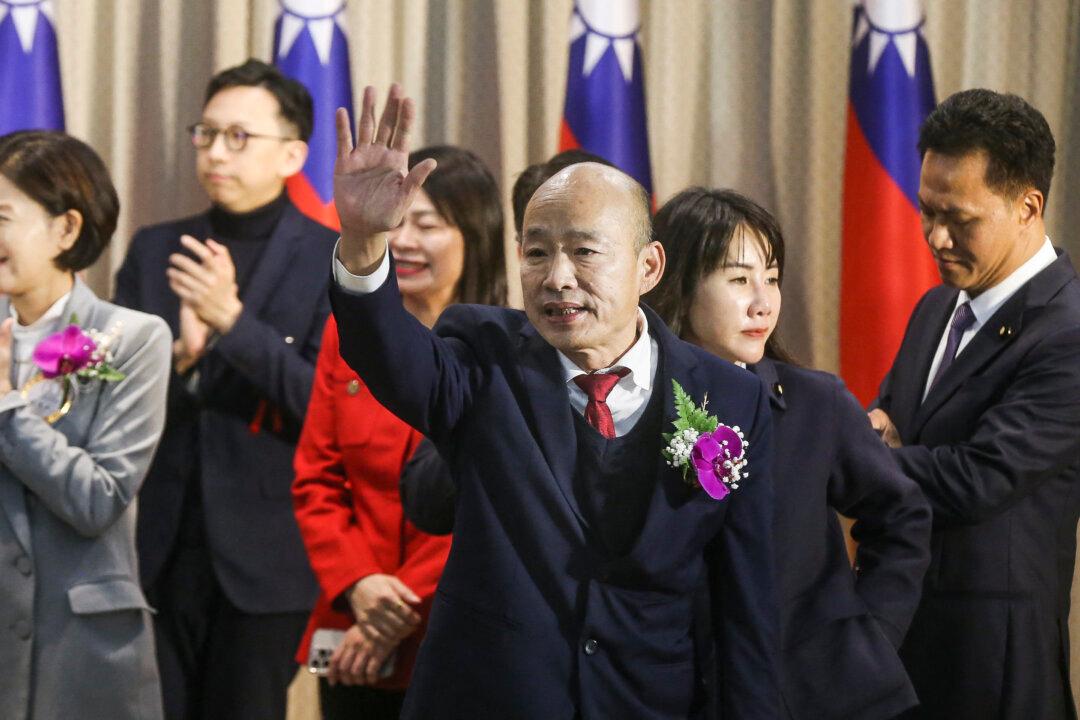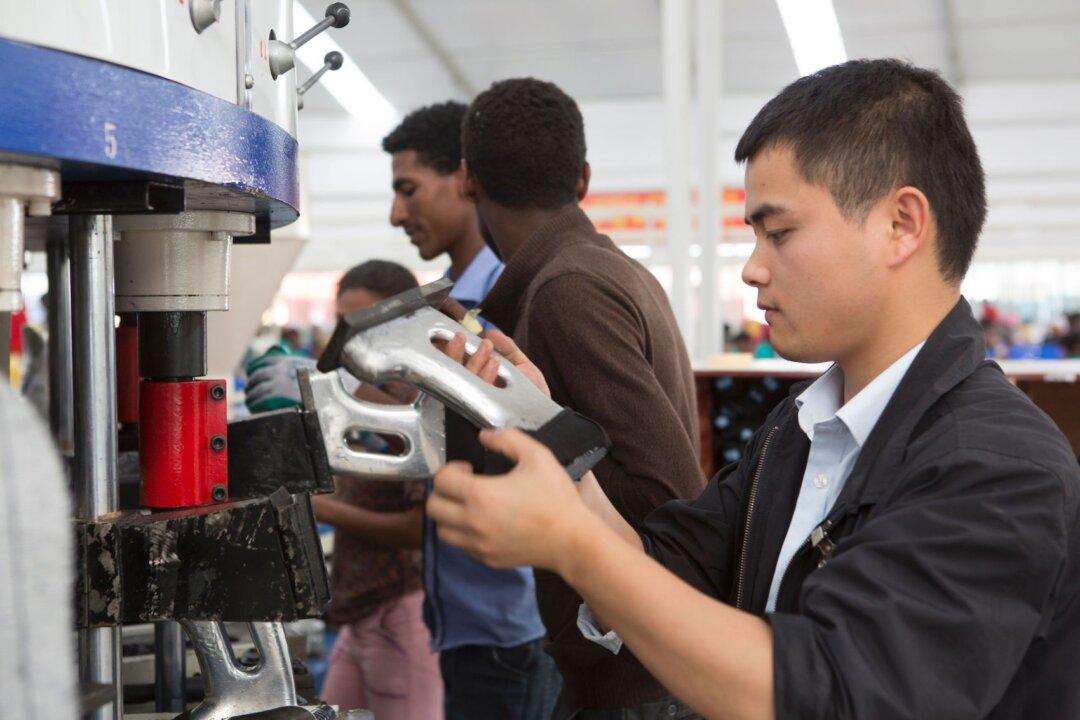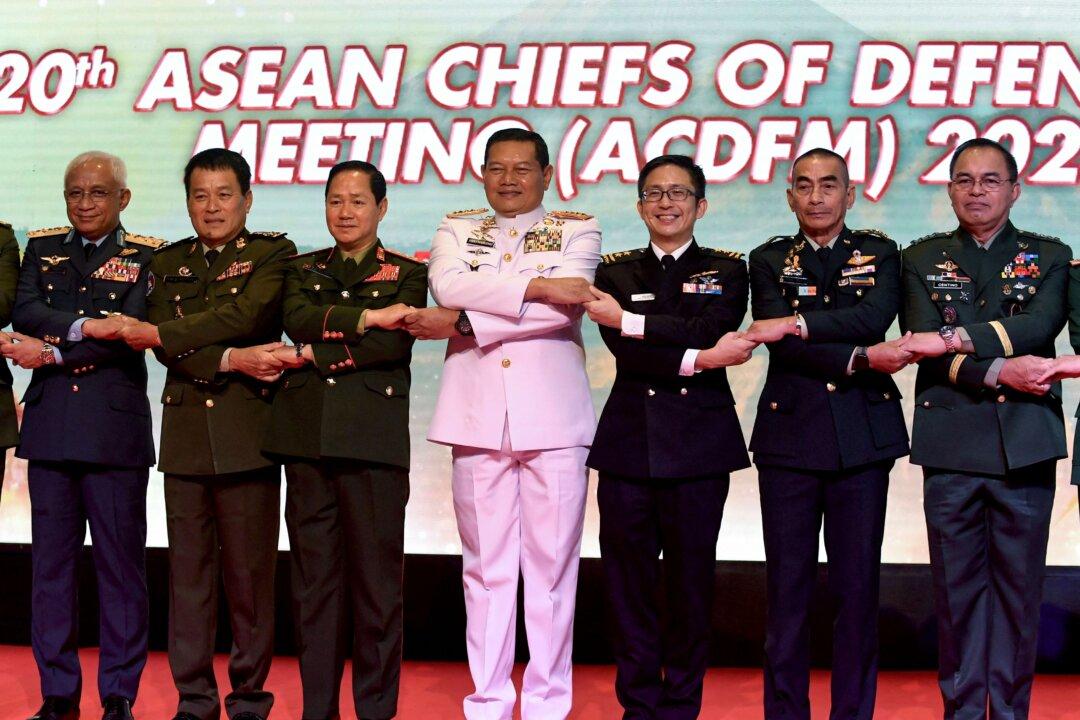As the Chinese Communist Party (CCP) is preparing for its 20th National Congress this fall, a Chinese scholar on Taiwan issues told Chinese state media that the 20th National Congress will further realize China’s plan to fully occupy Taiwan “under the guidance of the Party’s overall strategy for resolving the Taiwan issue in the new era.”
The scholar, Zhou Zhihuai, is the director of the Academic Committee of the Center for Taiwan and East Asian Studies at East China Normal University.
